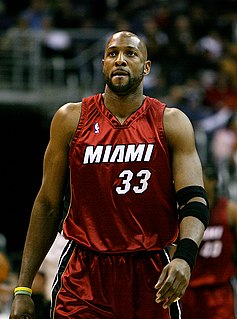A Quote by Joel Fuhrman
Hypertension is an important risk factor for kidney disease, but dietary sodium has other damaging effects on the kidneys. High salt intake drives the production of oxygen radicals, leading to oxidative stress in kidney tissue.
Related Quotes
There is a risk of death associated with donating a piece of liver. It's about one in 500 for the risk of death. The risk of death of donating a kidney is about one in 3000, so this is a riskier operation than donating a kidney. The stakes are usually higher for the recipient of the transplant because unlike kidney failure, where you have a dialysis machine, in liver failure we don't have that kind of machine that allows a patient to survive until they can get a cadaver organ.
In fact when you combine stem cell technology with the technology known as tissue engineering you can actually grow up entire organs, so as you suggest that sometime in the future you get in an auto accident and lose your kidney, we'd simply take a few skin cells and grow you up a new kidney. In fact this has already been done.

































